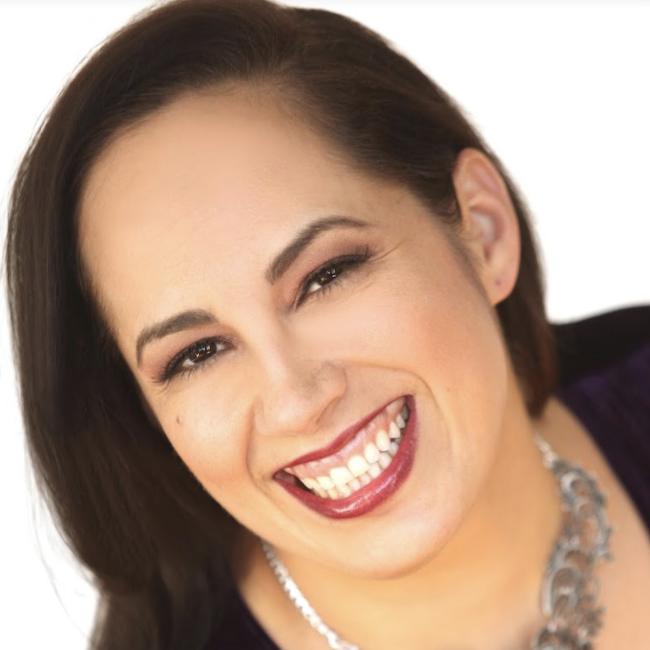Imagine going through with your life in preparation for retirement. You have a sense of peace and tranquility. You’re totally ready to enjoy your retirement. You’re excited about what the future holds. You feel secure and ready to enter your next phase of life.
That was Dan’s story. He and his wife were preparing for what would be a life of freedom filled with choices and options. They were ready to travel the world and enjoy spending time with their children and grandchildren. They knew how grand a time it would be. Dan and his wife planned for this time their entire lives.
You see, Dan worked for Delta Airlines. For many years, he worked hard to take care of his family. His care included saving and investing in Delta Airlines stock which in normal times, would pay huge dividends and profit sharing for Delta’s employees.
That all changed when the novel coronavirus happened.
People stopped flying and the borders of some countries were closed to Americans. Delta Airlines was among many in the travel industry who experienced major losses. In June, Delta Airlines stock plummeted from $36.97 per share to $27.20, in four trading sessions. Investors knew revenues for the second quarter might be down 90% from a year earlier.
Despite taking a bailout because of the CARES Act of $3.8 billion in cash and a $1.6 billion loan that came with a warrant to buy 1% of its common at $24.39 per share, Delta stockholders have suffered.
Most of Dan’s investment gains were virtually wiped out.
Dreams, plans, and choices postponed.
Plans delayed.
Freedom deferred.
How do you avoid something like this happening to you?
Here are 3 tips for creating a solid financial foundation so you don’t have to worry about having enough money for the future:
Tip #1 Considering Limiting Single Stocks to Less than 10% of Your Portfolio
The stock market as a whole is in a stable uptrend the majority of the time, which is why so many investors advocate a “Buy & Hold” strategy. While the prices go up and down all the time, the longer you leave your money invested, the less likely you are to lose money and the more likely you are to make money statistically.
But like in Dan’s case, this isn’t necessarily true of single stocks. Even companies that were considered super stable have gone out of business completely.
If you want to invest in single stocks, I encourage you to make sure that those stocks are outperforming the market in general as well as their specific market sector. Otherwise, why take on the extra risk?
Tip #2 Don’t “Marry” Ticker Symbols
I teach my clients to buy strength and price charts instead of getting attached to specific ticker symbols.
You might like Starbucks Coffee, enjoy taking your family to Disneyland, or love driving a Tesla.
But that doesn’t necessarily mean that investing in those companies is what’s best for your money and for your future.
You can keep your investing super simple by owning one mutual fund that tracks the entire stock market. If you’re going to do anything other than that, make sure that what you’re buying can outperform the market in general.
Tip #3 Maintain a Cash Cushion
I encourage you to build up a Reserve Fund (ideally in a separate bank account so you’re not tempted to spend it) of 3-6 months of living expenses to insure against life’s unexpected curveballs (like COVID-19). If your income is steady and reliable, 3 months might be enough. If it’s more unpredictable, 6 months might be better. As you get closer to retirement, consider increasing your Reserve Fund to 18 months of living expenses.
Why?
The longest recession we’ve had since World War II lasted for 18 months. If a big recession like this hits while you’re in retirement, you can live off your cash reserves for a while instead of selling off your investments while they’re down.
If Dan had implemented these 3 tips, he’d be in a much better financial position. How can you learn from his mistakes so you don’t have to repeat them?

Penelope Jane Smith is the premier financial freedom coach for women entrepreneurs and the go-to expert for some of the biggest names in the conscious business industry. More about Penelope.





These are great tips! Especially for today’s world. Thanks for sharing.